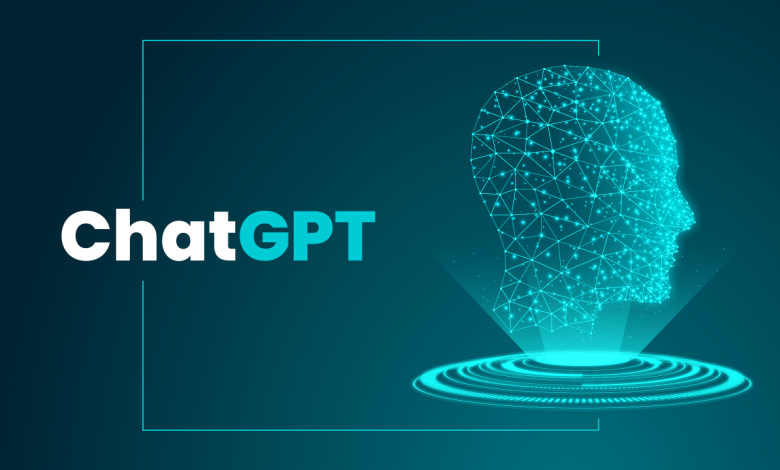The History of ChatGPT: Revolutionizing Conversational AI

ChatGPT, a groundbreaking innovation in the field of conversational AI, has transformed the way we interact with technology. Developed by OpenAI, ChatGPT leverages advanced machine learning techniques to generate human-like text based on the input it receives. This article delves into the history of ChatGPT, its founder, and the impact it has had on various industries.
The Origins of ChatGPT
OpenAI: The Visionary Organization Behind ChatGPT
OpenAI, an artificial intelligence research lab, is the creator of ChatGPT. Founded in December 2015, OpenAI was established with the mission to ensure that artificial general intelligence (AGI) benefits all of humanity. The organization conducts cutting-edge research in AI and develops tools that push the boundaries of what is possible with technology.
The Founders of OpenAI
OpenAI was founded by a group of visionaries including Elon Musk, Sam Altman, Greg Brockman, Ilya Sutskever, John Schulman, and Wojciech Zaremba. Each founder brought unique expertise and a shared commitment to advancing AI in a safe and beneficial manner.
- Elon Musk: Known for his work with Tesla and SpaceX, Musk’s involvement helped draw significant attention and funding to OpenAI.
- Sam Altman: As the former president of Y Combinator, Altman provided valuable leadership and strategic direction.
- Greg Brockman: Previously the CTO of Stripe, Brockman played a crucial role in shaping OpenAI’s technical vision.
- Ilya Sutskever: A leading AI researcher, Sutskever contributed his deep knowledge of neural networks and machine learning.
- John Schulman and Wojciech Zaremba: Both AI experts who significantly advanced OpenAI’s research capabilities.
The Evolution of ChatGPT
GPT-1: The Beginning
The journey of ChatGPT began with the development of GPT-1 (Generative Pre-trained Transformer 1) in 2018. This initial model was a proof of concept, demonstrating the potential of transformer-based architectures for generating coherent text. Although groundbreaking, GPT-1 had limitations in terms of the complexity and quality of its outputs.
GPT-2: Scaling Up
In 2019, OpenAI released GPT-2, which significantly improved upon its predecessor. GPT-2 featured 1.5 billion parameters, making it capable of generating more sophisticated and contextually relevant text. The model’s ability to understand and generate human-like language opened up new possibilities for applications in writing, customer service, and more.
GPT-3: A Leap Forward
GPT-3, released in 2020, represented a major leap forward in the capabilities of language models. With 175 billion parameters, GPT-3 could generate highly nuanced and context-aware text. It demonstrated an unprecedented ability to perform tasks ranging from simple conversation to complex problem-solving, making it a versatile tool for developers and businesses.
ChatGPT: The Specialized Variant
Building on the success of GPT-3, OpenAI introduced ChatGPT, a variant specifically fine-tuned for conversational applications. ChatGPT was designed to interact in a more natural and engaging manner, making it suitable for use cases like virtual assistants, customer support, and educational tools.
The Impact of ChatGPT
Transforming Industries
ChatGPT has had a profound impact on various industries. In customer service, it enables companies to provide instant, 24/7 support, improving customer satisfaction and operational efficiency. In education, ChatGPT serves as a personalized tutor, helping students learn and understand complex subjects. The technology is also being used in creative fields such as content creation and entertainment, where it assists in generating ideas and writing scripts.
Ethical Considerations
As with any powerful technology, ChatGPT’s development has raised important ethical considerations. OpenAI is committed to ensuring that its models are used responsibly. This includes implementing safety measures to prevent misuse, promoting transparency, and engaging with the broader community to address potential societal impacts.
The Future of ChatGPT
The future of ChatGPT and conversational AI looks promising. OpenAI continues to research and develop new models, aiming to enhance the capabilities and safety of AI systems. As technology advances, ChatGPT is expected to become even more integral to our daily lives, facilitating more natural and meaningful interactions between humans and machines.
Conclusion
ChatGPT, born out of the visionary efforts of OpenAI’s founders, has revolutionized the field of conversational AI. From its humble beginnings with GPT-1 to the sophisticated capabilities of ChatGPT today, this technology has transformed how we interact with digital systems. As we look to the future, ChatGPT’s potential to drive innovation and improve lives remains boundless, embodying the core mission of OpenAI to ensure that artificial intelligence benefits all of humanity.
By understanding the history and impact of ChatGPT, businesses and individuals can better appreciate the advancements in AI technology and leverage these tools to enhance their operations and experiences.



